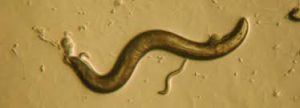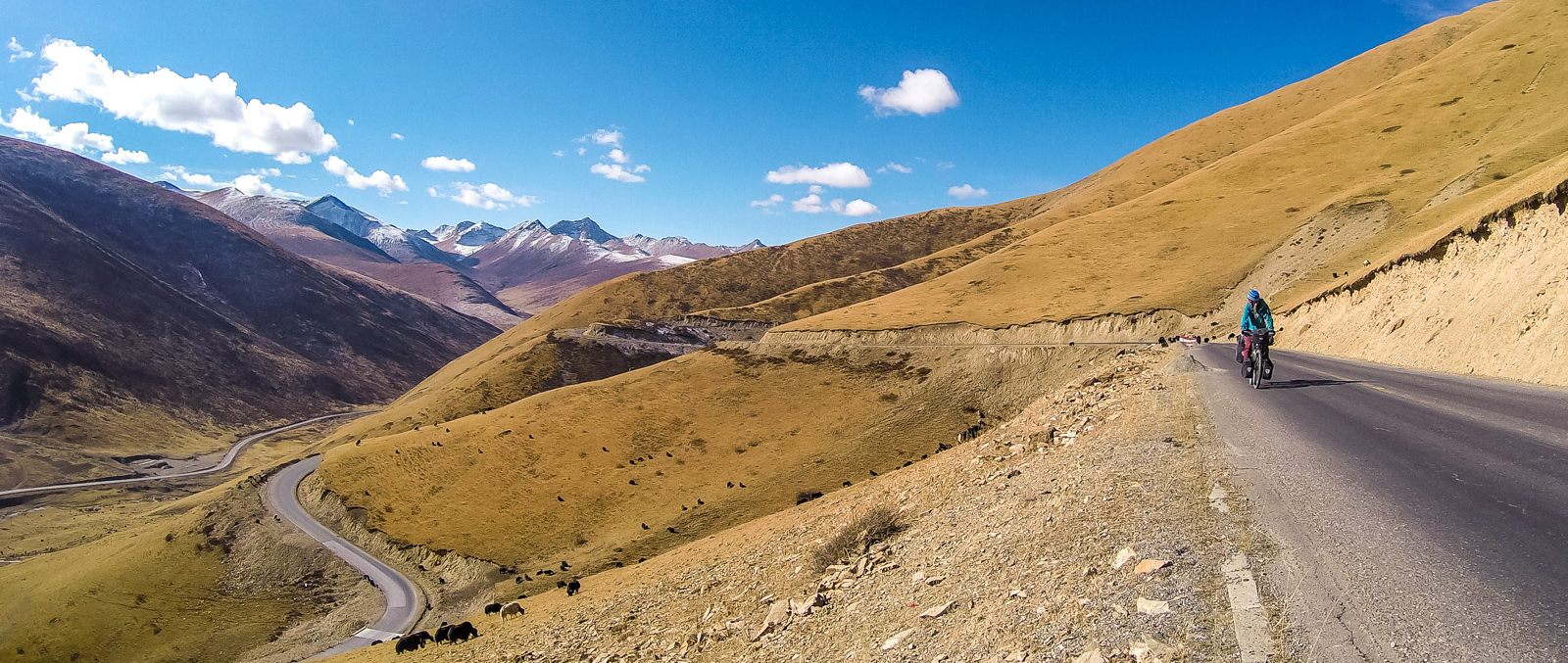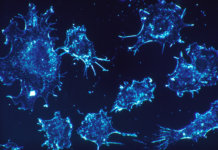The higher you live, the longer you live?

A study carried out by two researchers from the Chinese Academy of Science showed a possible link between hypoxia and longevity. They found out that elderly people living in hypoxia in the Tibetan Plateau tend to have a longer life than similarly aged people in other Chinese regions. In fact, the proportion of people older than 91 years old and centenarians keeps increasing in Tibet though the ratio of elderly people over 60 years old is still way lower than the rest of China.
The research findings were published in Cell Research on September 9, and their studies were based on China 2010 demographic census data. The researcher also noticed that there were many more males older than 100 years in this region than in the rest of the country.
![]()
Hypoxia and gene expression
According to the researchers, Zhang Yaping and Wu Dongdong, the connection between a longer life expectancy and living in high altitude is not mere speculation. By stating that hypoxia (low-oxygen conditions) may promote longevity, the researchers suggest that this environment can alter the expression of aging-associated genes, resulting in the extension of lifespan.
Hypoxia and longevity: animal models
A genetic study on Drosophila melanogaster models showed that moderate hypoxia can extends their lifespan[1]. Another study also demonstrated that the lifespan of model animals such as such as Caenorhabditis elegans can be extended through hypoxia[2]. Finally, some wild mammals (naked mole-rats or whales) that spend most of their life in hypoxia seem to live longer[3].


![]()
Hans Luboya-Kombé

Author
Auteur
Hans is a process supports engineer after his masters in materials chemistry at the university of Paris-Est Créteil.
More about the Long Long Life team
Hans est aujourd’hui ingénieur support procédés après un master en chimie des matériaux à l’université de Paris Est Créteil.
En savoir plus sur l’équipe de Long Long Life














